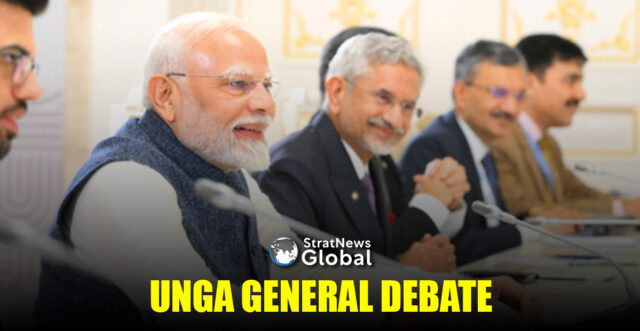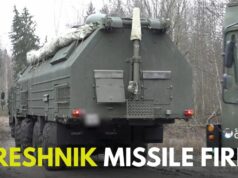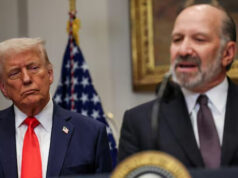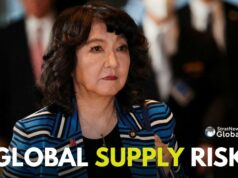Prime Minister Narendra Modi will not deliver India’s address at the General Debate during the annual high-level session of the United Nations General Assembly (UNGA) later this month, according to a revised provisional speakers’ list that has now been issued.
The 80th session of the UN General Assembly will begin on September 9, with the high-level General Debate scheduled from September 23 to 29. As per long-standing practice, Brazil will open the debate as the first speaker, followed immediately by the United States.
U.S. President Donald Trump is set to address global leaders from the iconic UNGA podium on September 23, marking his first speech at the Assembly in his second presidential term.
According to the updated provisional list released on Friday, India’s statement will not be delivered by Prime Minister Modi but instead by a senior representative. External Affairs Minister S. Jaishankar is scheduled to address the session on September 27.
The earlier draft list circulated in July had slated PM Modi to speak on September 26. That same day, the heads of government of Israel, China, Pakistan, and Bangladesh are scheduled to deliver their statements to the General Assembly.
PM Modi last visited the United States in February this year, where he held a bilateral meeting with President Trump at the White House.
The visit took place amid heightened tensions over Washington’s imposition of steep tariffs on India, including a total of 50% levies, with a specific 25% penalty linked to New Delhi’s ongoing imports of Russian oil.
‘Busiest Diplomatic Season’
Officials clarified that the UNGA speakers’ schedule remains provisional and is often subject to adjustments ahead of the commencement of the high-level week. Further modifications are likely, with the list expected to be updated in the days leading up to the debate.
Widely regarded as the “busiest diplomatic season” at United Nations Headquarters, the high-level session takes place annually each September.
This year’s gathering is set against the backdrop of the ongoing Israel-Hamas conflict and the continuing war in Ukraine. The official theme for the 80th UNGA session is: “Better together: 80 years and more for peace, development and human rights.”
Proceedings will begin with a commemorative meeting on September 22 to mark the 80th anniversary of the United Nations.
High-Level UN Meetings
In addition, the UN will convene a high-level meeting to mark the 30th anniversary of the Fourth World Conference on Women, with discussions centred on the theme “Recommitting to, resourcing and accelerating the implementation of the Beijing Declaration and Platform for Action to achieve gender equality and the empowerment of women and girls.”
This meeting will reflect on the progress made since the landmark Beijing conference in 1995 and examine achievements, best practices, gaps, and challenges that remain in advancing women’s rights globally.
UN Secretary-General António Guterres will also host a Climate Summit on September 24, offering world leaders a platform to present updated national climate action strategies while highlighting the benefits of the ongoing transition to clean energy.
Other major high-level meetings scheduled throughout the week include the Summit for a Sustainable, Inclusive and Resilient Global Economy, a special session on Noncommunicable Diseases and Mental Health and Well-being, the 30th Anniversary of the World Programme of Action for Youth, the launch of the Global Dialogue on AI Governance, observance of the International Day for the Total Elimination of Nuclear Weapons, and a session addressing the situation of Rohingya Muslims and other minority groups in Myanmar.
(With inputs from IBNS)





